The twilight zone
...Or so many think
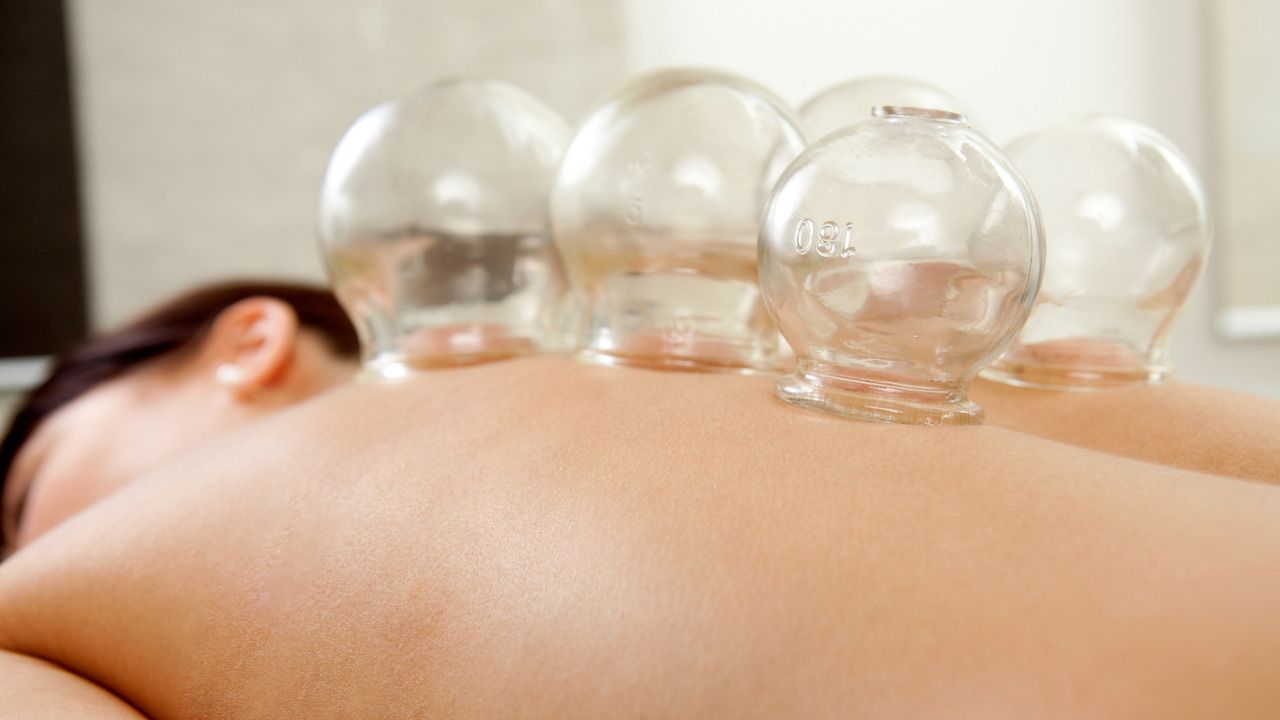
Cupping
Cupping is a traditional healing technique that has been used in TCM for thousands of years. It involves placing cups on the skin to create suction, which helps stimulate the flow of energy (qi) and blood in the body. Cupping is believed to promote the body's natural healing processes and balance the body's energy.
From a TCM perspective, cupping is often used to:
Improve Blood Flow: Cupping is thought to enhance blood circulation, which helps nourish tissues, improve oxygenation, and remove toxins from the body.
Release Stagnation: TCM theory suggests that cupping can break up areas of stagnation or blockage in the body's energy pathways, promoting a smoother flow of qi.
Balance Yin and Yang: TCM emphasises the balance of yin and yang energies in the body. Cupping is believed to help restore this balance by promoting the free flow of energy.
Expel Wind and Cold: Cupping may be used to expel external pathogenic factors like wind and cold, which are thought to contribute to various health issues.
Relieve Pain: Cupping is often employed for pain relief, especially for conditions such as muscle tension, arthritis, and various types of pain syndromes.
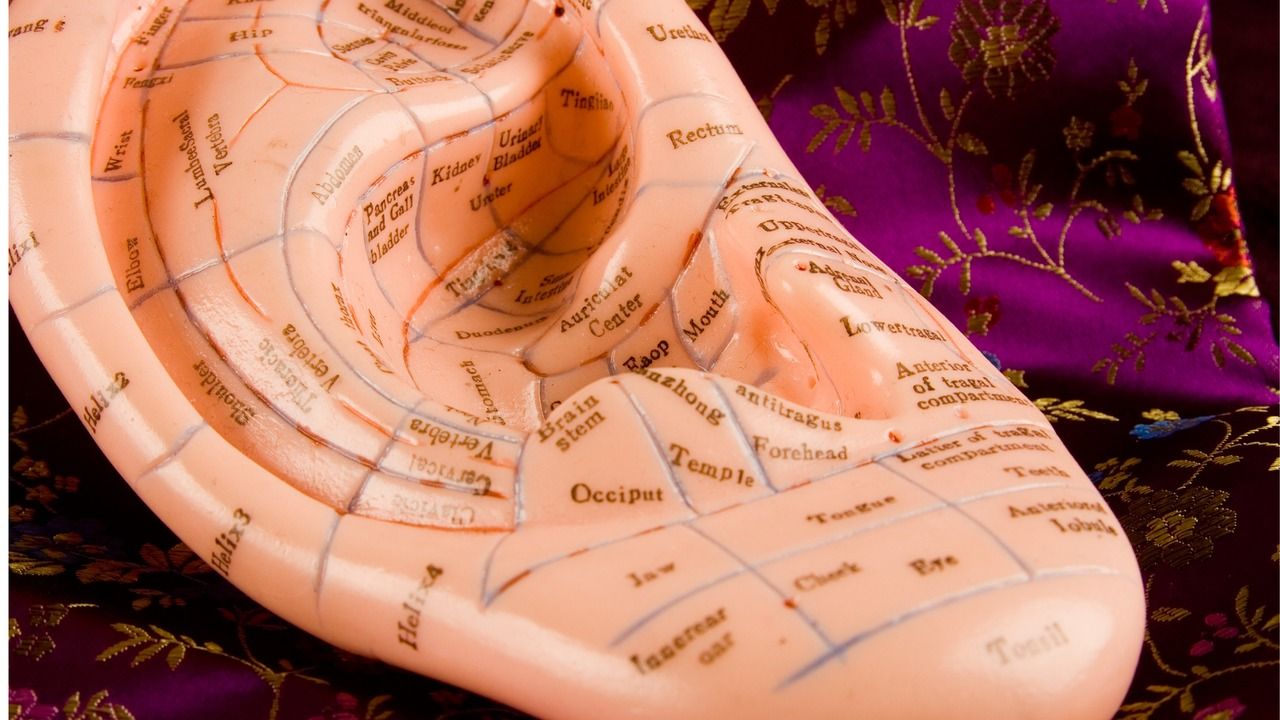
Ear Acupuncture
Inspired by the use in China of electro-auricular acupuncture, it has become an internationally recognised treatment since it was developed in America over 40yrs ago as a supportive component in drug detoxification settings.
- Improved sleep patterns
- Promoting a feeling of relaxation
- Clearer mind
- Reduction of withdrawal symptons and the side effects of medication
- A feeling of wellbeing
- Reduced feelings of stress, anxiety, frustration and anger
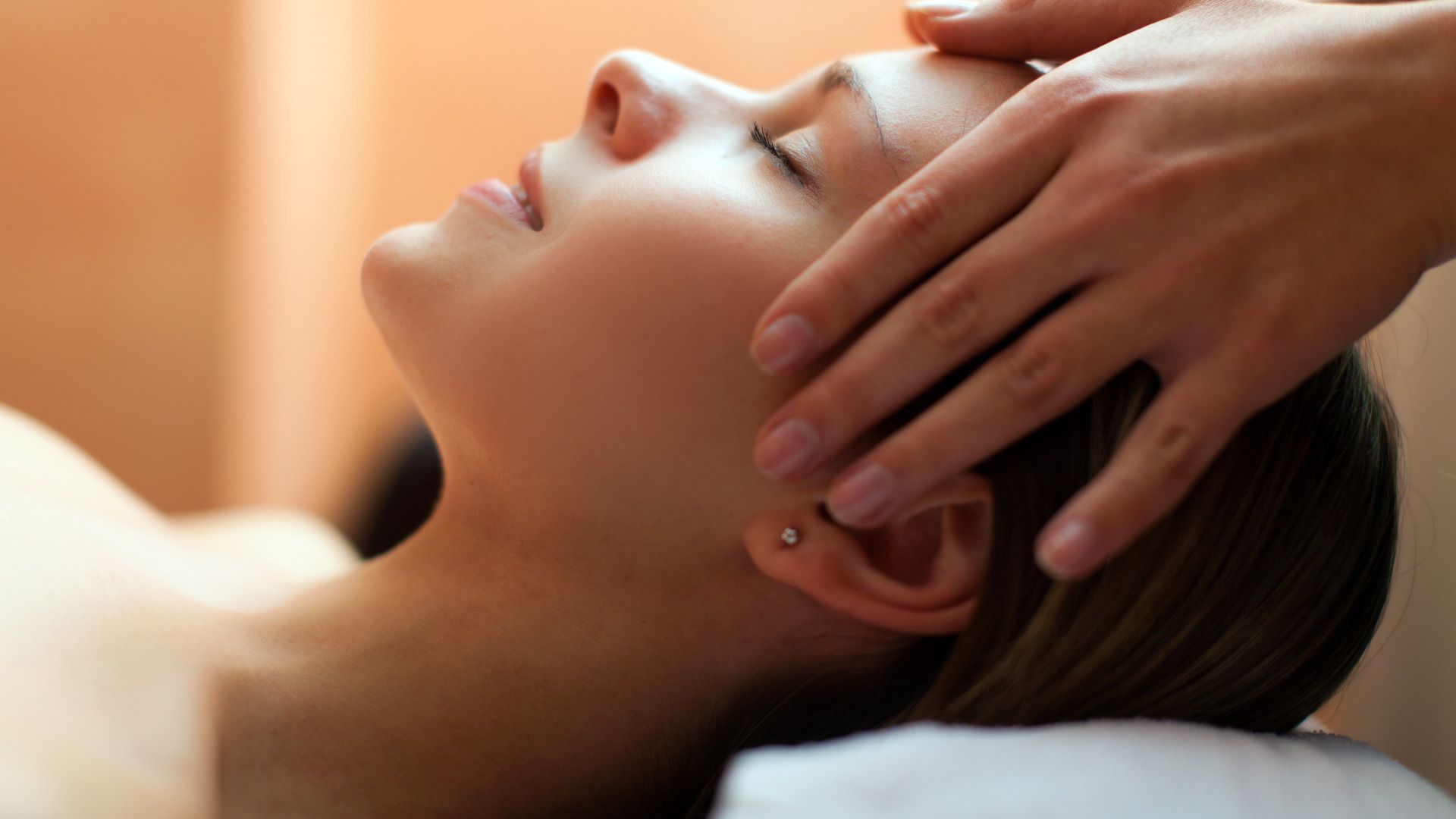
Tuina
A Tuina session is a unique and therapeutic experience combining Traditional Chinese Medicine principles with specialised massage techniques.
Here's what you can generally expect during a Tuina session:
Initial Assessment and Consultation:
Before the session begins, I will conduct an initial assessment. This may involve discussing your medical history, current health concerns, and any specific issues you want to address through Tuina massage to help me tailor the Tuina session to your needs.
Comfortable Attire:
You'll typically be asked to wear loose and comfortable clothing during the session. This ensures I can easily access the areas requiring massage without any restrictions. Generally, Tuina massages are carried out over clothing and without oils.
Body Examination:
I may perform a physical examination, assessing factors such as posture, muscle tension, and skin condition. This examination helps to determine the areas that require attention and the appropriate massage techniques to use.
Positioning:
You may be asked to sit on a massage chair or lie down on a comfortable massage table, depending on the specific techniques to be applied and your comfort level.
Massage Techniques:
There are a variety of massage techniques, including pushing (Tui) and grasping (Na), to manipulate soft tissues, stimulate acupressure points, and promote the flow of Qi. The pressure applied can vary, and I will communicate with you to ensure it is comfortable.
Focus on Meridians and Acupressure Points:
Tuina often focuses on the body's meridian system and specific acupressure points to address imbalances and promote the free flow of energy throughout the body.
Duration:
The duration of a Tuina session can vary but typically lasts between 30 minutes to an hour. I will discuss the recommended session length based on your needs and preferences.
Aftercare Recommendations:
After the session, I may provide you with recommendations for self-care, such as exercises, lifestyle adjustments, or dietary suggestions to enhance the benefits of the Tuina massage.
Hydration:
Drinking plenty of water after a Tuina session helps flush out toxins and promote overall well-being.
By the end of a Tuina session, many individuals report feeling relaxed, with improved energy flow and reduced tension.
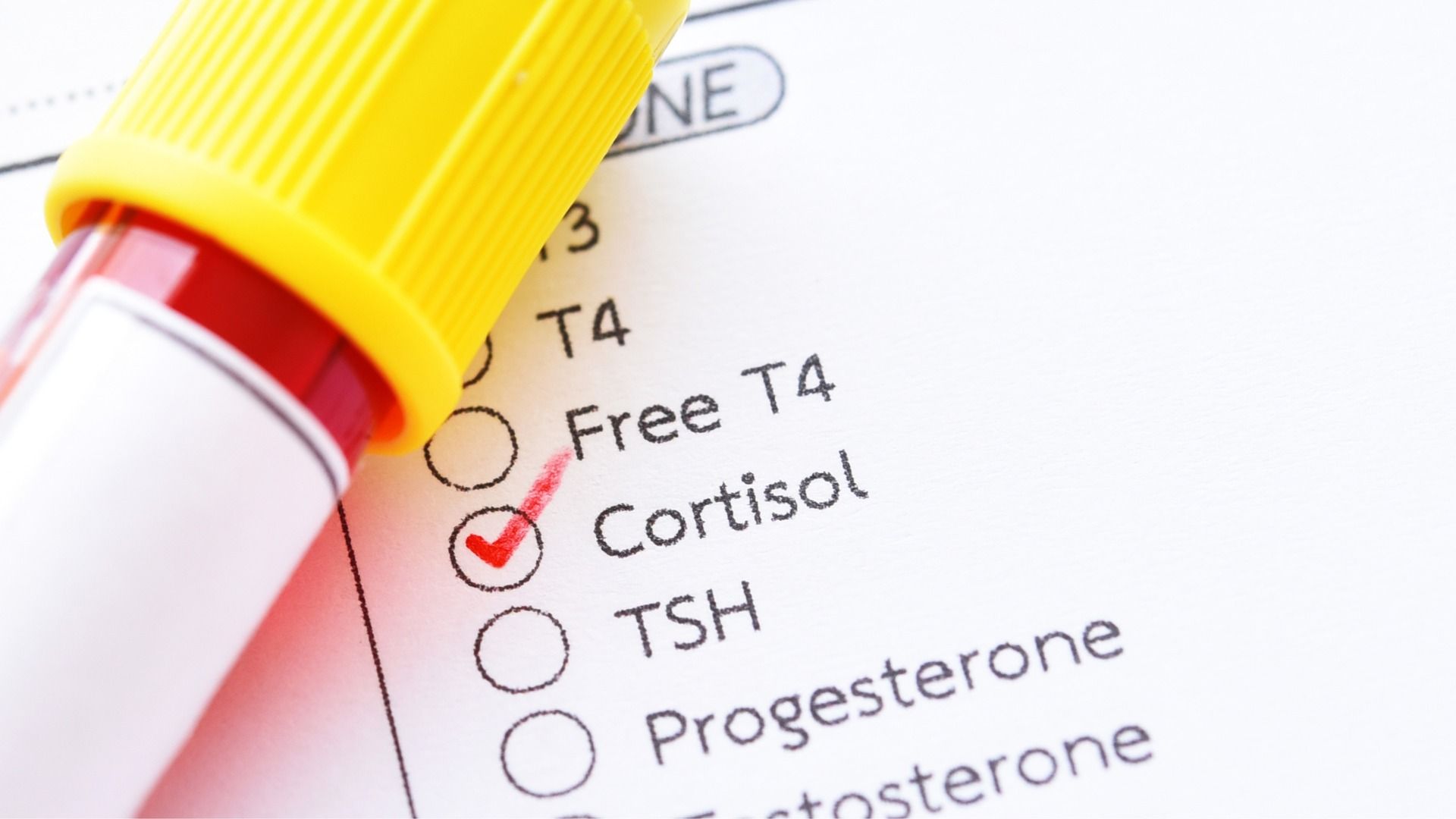
Testing and phlebotomy services
I offer full testing services with Genova Diagnostics, Forth With Life and Mojo.
Further details coming soon.
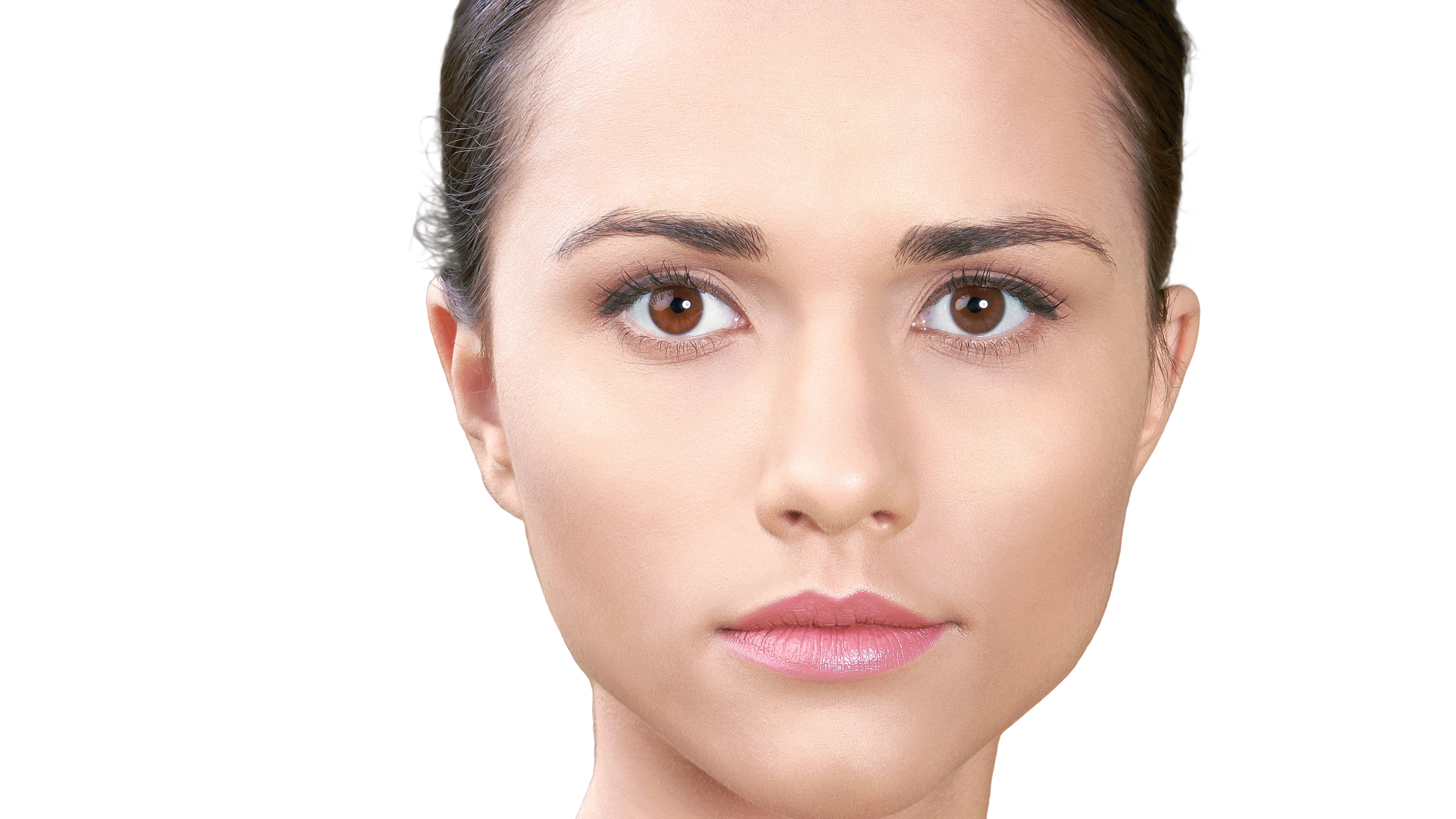
Face Reading
Face reading, or facial diagnosis, is a practice deeply rooted in Traditional Chinese medicine (TCM). In TCM, it is believed that the face is a reflection of the internal health and energetic balance of an individual. By examining the features, colors, and expressions of the face, TCM practitioners can gather valuable insights into a person's overall health, constitution, and potential imbalances incorporating many aspects of theory and energy flow.
Five Elements Theory: TCM is based on the concept of the Five Elements (Wood, Fire, Earth, Metal, Water), which correspond to different organs, emotions, and physiological functions in the body. Each element is associated with specific facial features and characteristics. For example, the Wood element corresponds to the liver and gallbladder, and individuals with Wood element imbalances might exhibit a greenish hue around the eyes or forehead, along with signs of anger or frustration in their facial expressions.
Facial Zones and Organs: In TCM, different areas of the face are believed to correspond to specific organs and meridians (energy pathways) in the body. For example, the forehead is associated with the digestive system, the cheeks with the lungs and respiratory health, and the chin with the kidneys and reproductive system. By observing changes or abnormalities in these facial zones, practitioners can identify potential imbalances or areas of concern in the corresponding organs.
Color and Texture: TCM practitioners pay close attention to the color and texture of the skin, as well as any markings or blemishes present on the face. Changes in skin color or texture can indicate imbalances in specific organs or meridians. For example, a pale complexion might suggest blood deficiency, while a red or flushed appearance could indicate excess heat or inflammation in the body.
Facial Features and Personality Traits: TCM also associates certain facial features with personality traits and emotional tendencies. For example, individuals with a prominent jawline or square-shaped face might be perceived as having a strong will and determined personality, while those with rounder features might be seen as more nurturing and compassionate.
Energetic Flow and Expression: Beyond physical features, TCM practitioners also consider the overall energetic flow and expression of the face. A relaxed and open expression is associated with balanced energy flow, while tension or asymmetry in facial muscles might indicate blockages or imbalances in the corresponding meridians.
Diagnostic Tool: Face reading is often used as a diagnostic tool in TCM, complementing other assessment methods such as pulse diagnosis, tongue examination, and patient history. By integrating information from multiple sources, I can develop a comprehensive understanding of your health status and tailor my treatment plan accordingly.
This can be a standalone service or added to your consultation.

EFT Tapping
EFT (Emotional Freedom Techniques), also known as tapping, is a form of acupressure that involves tapping on specific meridian points on the body while focusing on a particular issue, emotion, or problem. It combines elements of traditional Chinese medicine with modern techniques to address emotional and physical issues. I find this helps with triggering events and helps to support self care between acupuncture appointments
Here are some key aspects and potential benefits of EFT tapping:
Stress Reduction: EFT tapping has been shown to reduce levels of cortisol, the stress hormone, in the body. By tapping on specific acupressure points, individuals can experience a sense of relaxation and calmness, helping to alleviate stress and anxiety.
Emotional Regulation: EFT tapping is often used to address and regulate emotions. By tapping on specific points while focusing on a particular emotion or issue, individuals can often experience a reduction in the intensity of their emotions and gain a sense of control over their emotional responses.
Pain Management: There is evidence to suggest that EFT tapping can help reduce the perception of pain. By tapping on specific acupressure points, individuals may experience relief from physical pain, such as headaches, muscle tension, or chronic pain conditions.
Trauma and PTSD: EFT tapping has been used as a therapeutic tool for individuals who have experienced trauma or suffer from post-traumatic stress disorder (PTSD). By addressing specific traumatic memories or triggers while tapping on acupressure points, individuals may experience a reduction in the emotional intensity associated with these experiences.
Improved Mood: EFT tapping has been associated with improvements in mood and overall well-being. By tapping on specific points while focusing on positive affirmations or intentions, individuals may experience an uplift in their mood and a greater sense of optimism.
Self-Empowerment: One of the key principles of EFT tapping is empowering individuals to take control of their emotional and physical well-being. By learning and practicing tapping techniques, individuals can develop a self-help tool that they can use to address a wide range of issues and challenges in their lives.
Complementary Therapy: EFT tapping is often used as a complementary therapy alongside other conventional or alternative treatments. It can be integrated into various therapeutic approaches, including psychotherapy, counselling, and energy psychology.
Ease of Practice: EFT tapping is relatively easy to learn and can be practiced by individuals of all ages.
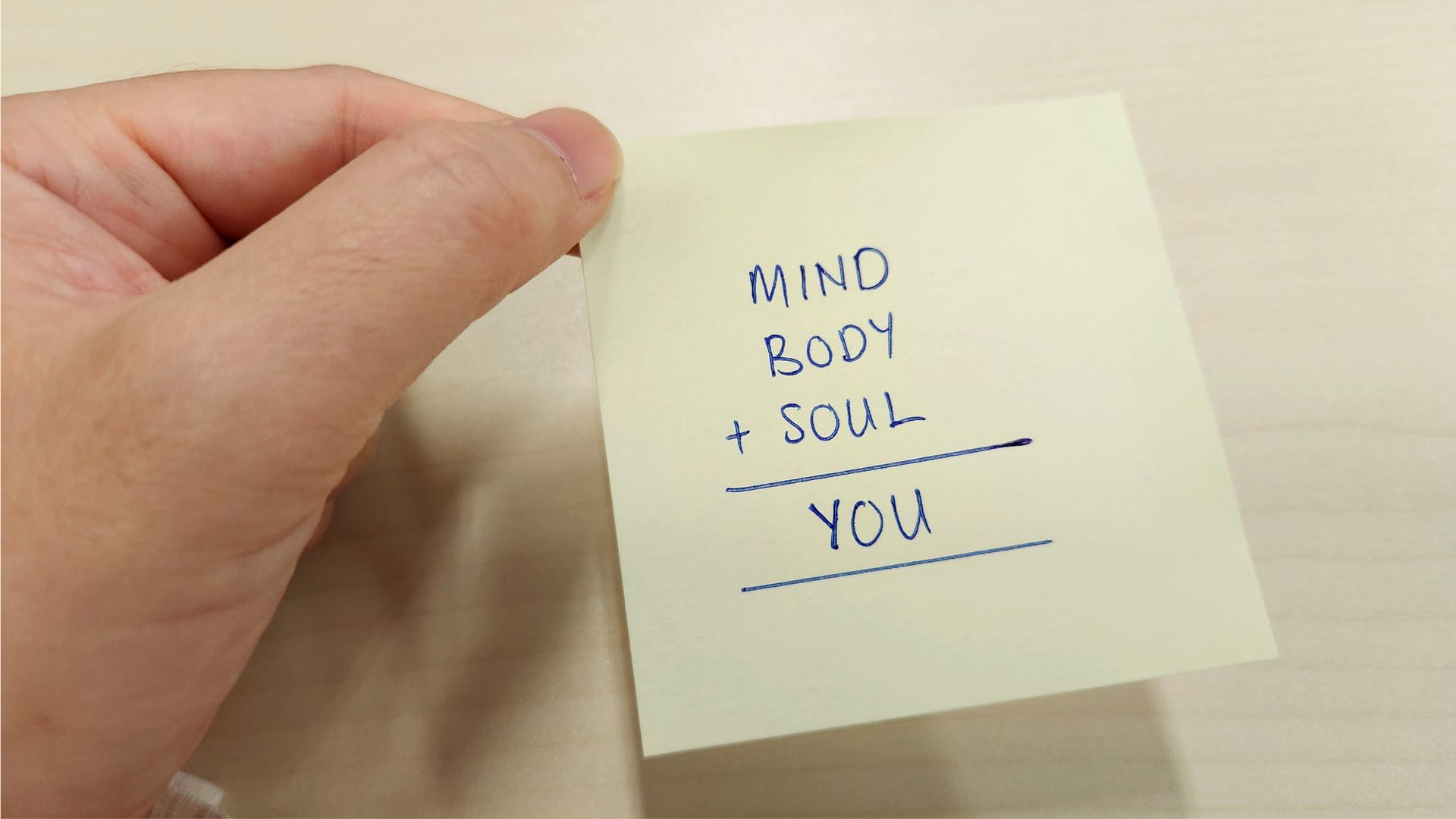
Yang Shen
Yang Shen is a concept in Traditional Chinese Medicine (TCM) that refers to the practice of nourishing life or nurturing vitality. It emphasises the importance of maintaining balance and harmony within the body to achieve optimal health and longevity. Yang Shen encompasses various practices including herbal medicine, acupuncture, dietary therapy, qigong, and tai chi.
The benefits of self-care, which are integral to the concept of Yang Shen, are numerous and encompass physical, mental, emotional, and spiritual well-being:
Physical Health: Self-care practices such as regular exercise, adequate sleep, proper nutrition, and preventive healthcare measures like regular check-ups and screenings contribute to overall physical health. These practices can help prevent chronic diseases, boost the immune system, improve cardiovascular health, and enhance overall bodily function.
Mental and Emotional Well-being: Engaging in activities that promote relaxation, stress reduction, and emotional expression are crucial for mental and emotional well-being. Practices like mindfulness meditation, journaling, spending time in nature, and engaging in hobbies or creative pursuits can help reduce stress, improve mood, increase resilience, and enhance emotional regulation.
Improved Relationships: Prioritising self-care allows individuals to recharge and cultivate a sense of fulfillment and happiness within themselves, which in turn positively impacts their relationships with others. When individuals take care of their own needs, they are better equipped to engage authentically and compassionately with others, fostering healthier and more fulfilling relationships.
Increased Productivity and Performance: Taking time for self-care enables individuals to recharge and rejuvenate, leading to increased energy levels, focus, and productivity. Regular self-care practices help prevent burnout and improve cognitive function, creativity, and problem-solving abilities, leading to enhanced performance in various aspects of life, including work, academics, and personal pursuits.
Enhanced Self-awareness and Personal Growth: Self-care practices often involve self-reflection and introspection, leading to increased self-awareness and personal growth. Through activities like mindfulness practices, therapy, or self-help exercises, individuals can gain insights into their thoughts, feelings, and behaviors, identify areas for improvement, and develop greater self-compassion and acceptance.
Stress Reduction and Resilience Building: Self-care practices serve as essential tools for managing stress and building resilience in the face of life's challenges. By incorporating relaxation techniques, healthy coping strategies, and boundary-setting skills into their routine, individuals can better navigate stressors and bounce back from setbacks with greater ease.
Overall, prioritising self-care in alignment with the principles of Yang Shen promotes holistic well-being, allowing individuals to lead healthier, more fulfilling lives with increased vitality and resilience.
I offer Yang Shen recommendations as part of your individualised care treatment plan.

Herbal Services
Mycology therapy, or fungal or mushroom therapy, is an emerging field in natural health care that utilises various species of fungi for medicinal purposes. Here are some potential benefits of mycology therapy in natural health care:
Immune Support: Certain mushrooms, such as Reishi, Shiitake, and Maitake, contain bioactive compounds like beta-glucans that have been shown to support the immune system. These compounds can enhance the body's defence mechanisms against pathogens and diseases.
Anti-inflammatory Properties: Many mushrooms possess anti-inflammatory properties due to compounds like polysaccharides and triterpenoids. These properties can help reduce inflammation in the body, potentially alleviating symptoms of conditions such as arthritis and inflammatory bowel diseases.
Antioxidant Effects: Fungi like Cordyceps and Turkey Tail are rich in antioxidants, which help neutralize harmful free radicals in the body. Antioxidants protect cells from oxidative damage and may contribute to overall health and longevity.
Stress Reduction and Adaptogenic Effects: Adaptogenic mushrooms like Reishi and Cordyceps have been traditionally used to help the body adapt to stress and support overall resilience. These mushrooms may help regulate the body's stress response systems, promoting a sense of calm and well-being.
Energy and Vitality: Certain mushrooms, particularly Cordyceps, are known for their potential to enhance energy levels and improve physical performance. Cordyceps is believed to support oxygen utilisation in the body, leading to increased stamina and endurance.
Gut Health: Some mushrooms, such as Lion's Mane and Turkey Tail, contain prebiotic fibres that support the growth of beneficial gut bacteria. Maintaining a healthy balance of gut microbiota is essential for digestion, nutrient absorption, and overall immune function.
Cognitive Function: Lion's Mane mushroom has gained attention for its potential cognitive-enhancing effects. It contains compounds that stimulate brain nerve growth factor (NGF) production, supporting cognitive function and potentially offering neuroprotective benefits.
Anti-microbial Properties: Certain mushrooms exhibit anti-microbial properties, which may help combat various pathogens, including bacteria, viruses, and fungi. Compounds like lectins, peptides, and polysaccharides found in mushrooms contribute to their anti-microbial activity.